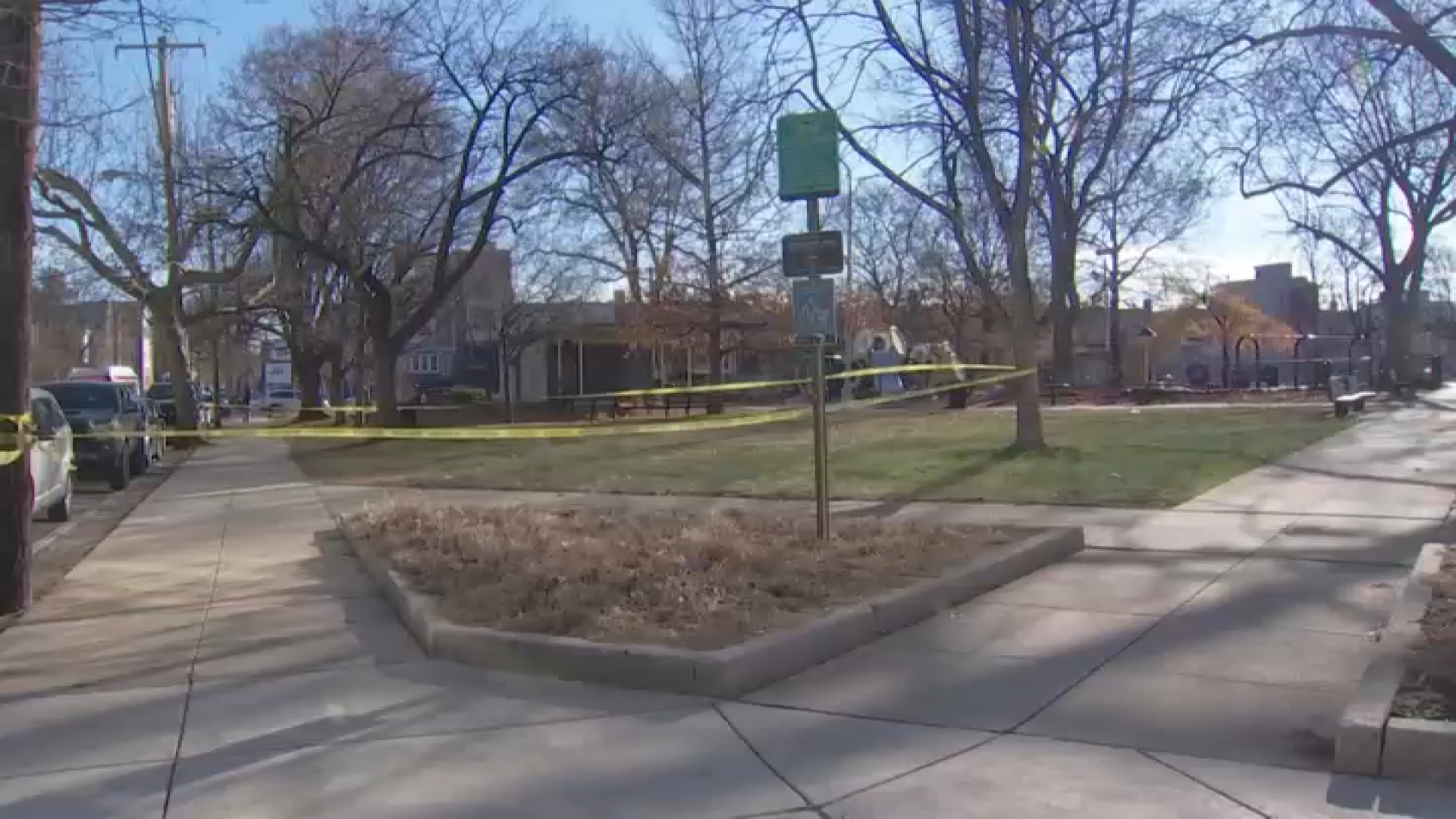Temple University has appointed the school’s first Black president in its 137-year history.
Jason Wingard will begin his term on July 1, following the departure of Richard M. Englert, who has served as president since 2016. Wingard is a Philadelphia resident and West Chester native.
Temple's Board of Trustees unanimously approved Wingard as the university’s 12th president in a meeting on Tuesday morning. Chairman Mitchell Morgan applauded Wingard as a strong leader who can guide Temple through the changing landscape of higher education.
Wingard knows Temple; he spent much of his childhood at the university meeting students, faculty and staff while his father attended graduate school there.
Get top local stories in Philly delivered to you every morning. >Sign up for NBC Philadelphia's News Headlines newsletter.
"I spent many, many nights, walking the street, playing ball with the neighborhood kids roaming the campus, meeting faculty, meeting students, talking with security guards," Wingard said in a news conference Tuesday. "I had a long, long history with Temple."
Wingard has spent the last 23 years living in Philadelphia, where he has raised his family, worked and attended school.
He said he was drawn to Temple because of the university's level of excellence, its emphasis on equity and access and its role in forwarding innovation in learning.
Local
Breaking news and the stories that matter to your neighborhood.
Wingard said the three themes that will guide his presidency are amplifying and supporting Temple's excellence, enhancing Temple's value to prospective students and engaging with the Philadelphia community.
Wingard previously served as the dean of the Columbia University School of Professional Study and vice dean of the Wharton School at the University of Pennsylvania. He stepped down as dean at Columbia last summer, but continued teaching there.
Wingard also founded The Education Board, Inc., a management consulting firm that focuses on executive coaching and corporate training. And he served as the managing director and chief learning officer at Goldman Sachs.
Wingard earned his bachelors degree in sociology at Stanford University, a masters in education from Emory University, a masters in technology in education from Harvard University and a doctorate in education, culture and society from the University of Pennsylvania.
Englert told the Board of Trustees he was ready to retire in July 2020 as he approached his 75th birthday. The university launched a nationwide search before landing on Wingard.
Englert will return to the position of chancellor — which he held from 2012 to 2016 — after retiring from the presidency.
Temple University’s Presidential Search Committee initially included 13 members of the Board of Trustees, two faculty members and the student body president. Following accusations that the search committee lacked diversity, it added Kimmika Williams-Witherspoon, the vice president of Temple’s Faculty Senate and Valerie Harrison, the senior advisor to the president for equity, diversity and inclusion.
The committee administered a survey and hosted several virtual town halls to receive feedback from students, faculty, staff, deans, alumni and community members throughout the search process.
Harrison told The Temple News the committee was searching for a candidate with a commitment to promoting diversity, equity and inclusion at Temple and in North Philadelphia, which they found in Wingard.
“It would be wonderful if the next president is an African-American woman, but there’s no litmus test,” Morgan told The Temple News in November. “We want to hire the best candidate.”
Wingard said that he recognizes the historic nature of his appointment and added that Morgan, the search committee and himself believe that he is the best candidate for the job.
“I am honored by the board’s selection and excited to lead one of the nation’s premier urban research universities,” Wingard said in a news release. “Temple will continue to provide its diverse and talented community of learners an unparalleled, accessible opportunity to leverage a best-in-class network of faculty and academic resources in support of dynamic and lifelong professional goals.



